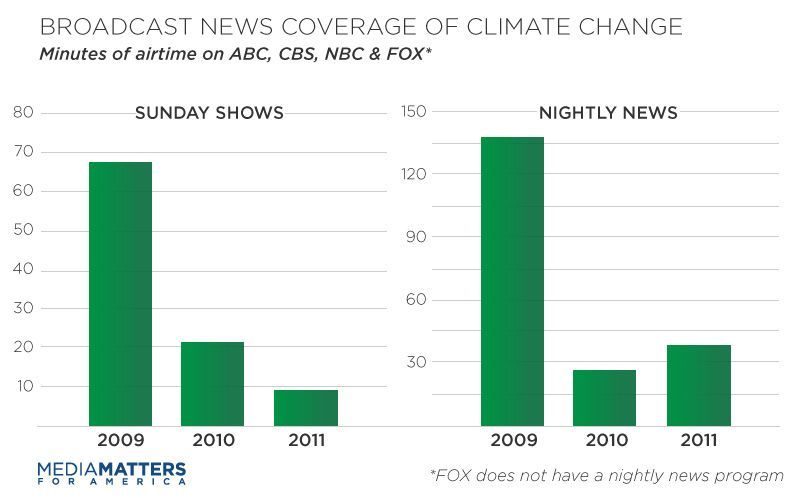“Punting the Pundits” is an Open Thread. It is a selection of editorials and opinions from around the news medium and the internet blogs. The intent is to provide a forum for your reactions and opinions, not just to the opinions presented, but to what ever you find important.
Thanks to ek hornbeck, click on the link and you can access all the past “Punting the Pundits”.
William K. Black: ‘The Only Winning Move Is Not to Play’-The Insanity of the Regulatory Race to the Bottom
The plot of the movie WarGames (1983) involves a slacker hacker (played by Matthew Broderick) who starts playing the game “Global Thermonuclear War” with Joshua, a Department of Defense (DoD) supercomputer that has been given partial control by DoD of our nuclear forces. The game prompts Joshua, who has been programmed to win games, to trick DoD into authorizing Joshua to launch an attack on the Soviet Union so that Joshua can win the game. The hacker and the professor that programmed Joshua realize that the only way to prevent Joshua from attacking is to teach “him” that no one can “win” global thermonuclear war. The insanity is that the people who created the game “Global Thermonuclear War” thought it could be won. Joshua races through thousands of scenarios and ends his plan to win the “Global Thermonuclear War” game by attacking the Soviet Union when he realizes that “the only winning move is not to play.”
The JOBS Act is insane on many levels. It creates an extraordinarily criminogenic environment in which securities fraud will become even more out of control. One of the forms of insanity is the belief that one can “win” a regulatory “race to the bottom.” The only winning move is not to play in a regulatory race to the bottom. The primary rationale for the JOBS Act is the claim that we must win a regulatory race to the bottom with the City of London by adopting even weaker protections for investors from securities fraud than does the United Kingdom (UK).
New York Times Editorial: Rain, Snow, Sleet and Congress
How vital is the United States Postal Service? The Senate is attempting to answer that this week as it debates the service’s obvious need to drastically reform its business model in the age of electronic communication. Postal officials say they must close about 3,700 underused post offices (there are 32,000 nationally) while offering alternative services through local businesses. They also want to consolidate hundreds of regional processing centers and eliminate Saturday mail deliveries.
Lawmakers in both houses, fearful of constituents’ wrath, would prefer to procrastinate as usual. But the quasi-independent service – which receives no revenue from the federal government but is subject to tight oversight from Congress – has set a May 15 deadline to begin making cutbacks if it is to avoid bankruptcy.
The first observance of Earth Day was March 21, 1970. I was 17, and along with other students at Broad Run High School, went out with garbage bags to clean up the side of the road leading to the school. Even then, of course, the world faced much more serious pollution issues than roadside litter. But that problem was one we students could do something about.
Given the magnitude of the challenges the earth now faces, provoked by man-made global climate change as a result of our spewing massive amounts of carbon dioxide and soot into the atmosphere, the problems that were on our minds in 1970 seem in retrospect miniscule. Moreover, the idea that individuals could resolve this problem by taking individual action is a non-starter. It is a collective and infrastructural problem and we have to band together and do something about it through the instrumentality of the government. Unfortunately, our government has mostly been bought by Big Oil, so that the crisis of the environment is also the crisis of American democracy.
Timothy Egan: The Wrath of Grapes
We know from a rare personal admission that Mitt Romney experienced a faint whiff of alcohol, a long, long time ago. “I tasted a beer and tried a cigarette once as a wayward teenager,” he said last November, “and never tried it again.”
No doubt, Romney has friends who own multinational breweries. But he would fail the presidential beer test – that is, whom would you most like to sip suds with – simply because his Mormon faith prohibits drinking alcohol. But then, he would also fail the presidential cookie test, as he showed in another awkward appearance with real people last week.
I’ve always thought the beer buddy threshold was nonsense. Still, it’s worth considering what a White House without a tippling tenant would be like. Sobriety, laudable in many respects, does imply rigidity of thought. The best presidents were open-minded, and generally open to a drink. The nondrinkers, at least over the last century or so, were terrible presidents.
Robert Kuttner: How Europe Could Sink Obama
Forget the potential for an unpleasant October surprise emanating in Iran, Afghanistan, Israel, Pakistan or North Korea. The biggest threat to Barack Obama’s re-election is the economic folly of our good friends in the European Union, who seem determined to snuff our their economic recovery — and ours.
America’s own recovery is making very fragile progress. We don’t know whether the economy will keep generating jobs well in excess of 200,000 a month, as in January and February, or only a bit more than 100,000 a month as in March. But we do know that exports have been one of our economy’s surprising sources of strength, and that Europe is one of America’s biggest customers.
But Europe is even more committed to austerity economics than the United States, and as a result Europe is right on the edge of a double-dip recession.
E. J. Dionne: How to beat Citizens United
We are about to have the worst presidential campaign money can buy. The Supreme Court’s dreadful Citizens United decision (pdf) and a somnolent Federal Election Commission will allow hundreds of millions of dollars from a small number of very wealthy people and interests to inundate our airwaves with often vicious advertisements for which no candidate will be accountable.
One would like to think that the court will eventually admit the folly of its 2010 ruling and reverse it. But we can’t wait that long. And out of this dreary landscape, hope is blossoming in the state of New York. There’s irony here, since New York is where a lot of the big national money is coming from. No matter. The state is considering a campaign finance law that would repair some of the Citizens United damage, and in a way the Supreme Court wouldn’t be able to touch.
Felix Salmon: Let’s not worry about fake online drugs
Roger Bate has a curious op-ed in the NYT today. He’s the lead author on a study which bought 370 drug samples from 41 online pharmacies around the world, and then tested their authenticity. The results? With the exception of Viagra bought from non-verified websites, every single drug was 100% authentic. [..]
Realistically, the US simply doesn’t have a “fake drug menace”. Yes, fake drugs exist, and they’re not all that hard to find if you’re based in, say, Ethiopia. An earlier study by Roger Bate found that 7 of 36 drugs bought by secret shoppers in Ethiopia failed a stringent authenticity test. (On the other hand, 100% of the drugs bought in Turkey were legitimate, and Brazil, Russia, and China all performed very well in the test.) [..]
What we’re faced with here is a tradeoff. On the one hand, there are clear financial benefits to letting Americans and American insurers buy their authentic drugs wherever those drugs are cheapest. On the other hand, there are extremely vague worries that were that to happen, some hypothetical new future drug might fail to make its way to market. Given the massive economic and fiscal costs of healthcare price inflation, it’s surely a no-brainer to go for the option which unambiguously saves money. Especially since, as Bate himself has demonstrated, the drug-safety risks of going down that road are essentially nonexistent.

 The French go to the polls today in the first round of voting for president, with a second round run-off, if necessary, being held on 6 May. The incumbent president,
The French go to the polls today in the first round of voting for president, with a second round run-off, if necessary, being held on 6 May. The incumbent president, 
Recent Comments